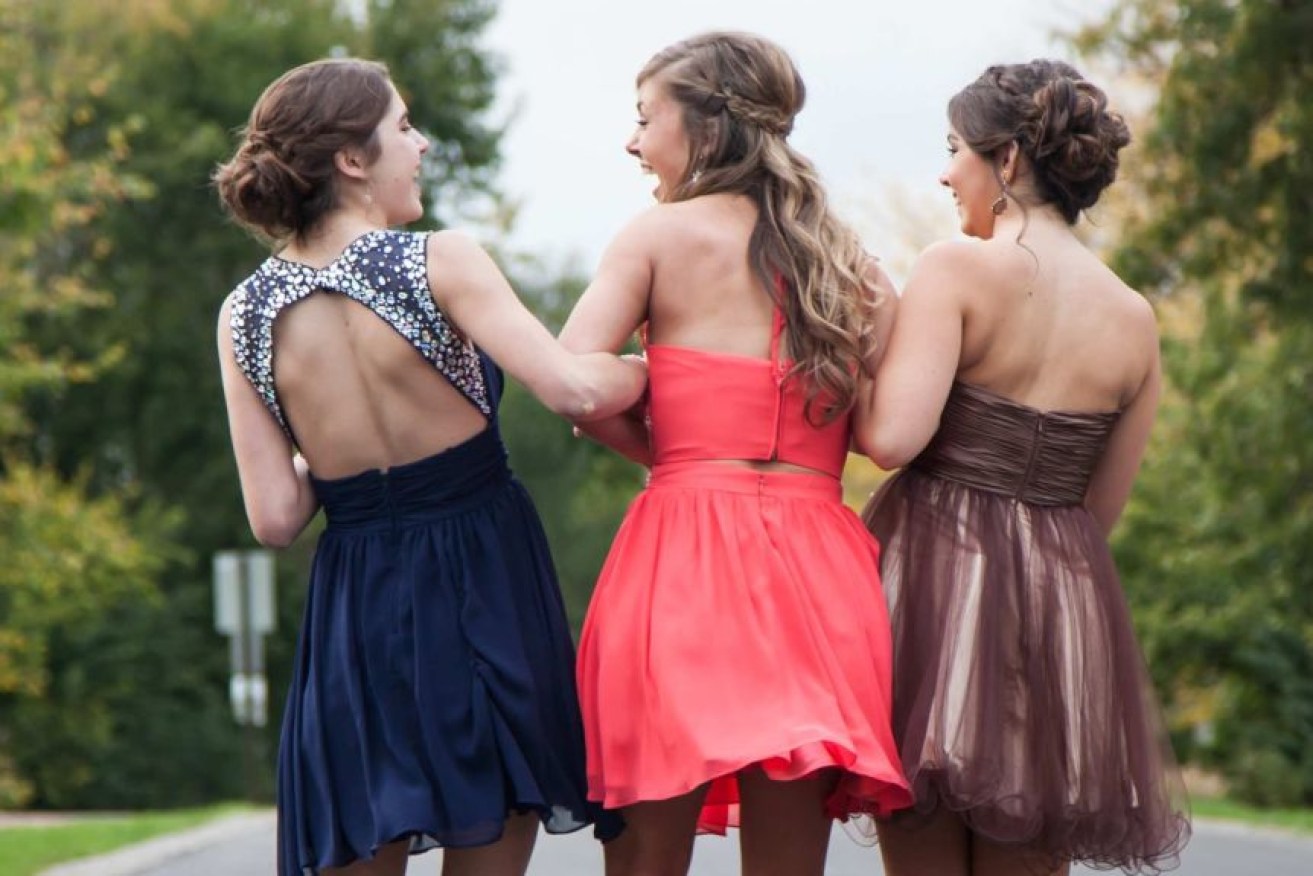Virtually untouched by virus, but these are the people most affected by pandemic
We’ve been accustomed to thinking that our young, fit generations have largely shrugged off the effects of Covid-19 – but in fact they are the ones suffering most, writes Madonna King.


Queensland students have spoken out about the pandemic - some even had to enter a ballot in order to attend their school formal. (Photo: Unsplash)
When this pandemic period is assigned to the history books, what will be the source of pride for our children and grandchildren?
And what will they read, and shake their heads, with a sense of frustration, and anger perhaps?
No doubt, the impost of Covid on our young people will stand out. We know that because Covid has turned schooling on its head. We know that because the mental challenge embracing our teens has never been bigger. We know that because Covid has cancelled their friendships and their sporting finals, their part-time jobs and cousin catch-ups.
And yet, knowing how fiercely this pandemic has changed the course of our teens’ lives, our politicians remain resolutely with their heads stuck in the sand.
Social demographer Mark McCrindle reckons this cohort – our youth – are the most affected by Covid. Sure, the elderly are more vulnerable, from a health perspective. But he warns the social and economic impact on our teens should not be underestimated, by any of us.
Psychologists agree. So do many school leaders. Don’t believe me, call Kids Helpline and ask them how our teens are faring.
Our children and grandchildren will live and work in a post-pandemic environment that has been drafted by politicians who ignore both their voice, and the lessons that Covid should have already delivered.
Their full-time workplaces are non-existent, as offices close down, and their mentors retreat to their own homes.
Those with part-time jobs are lucky to keep them. Many have been lost; victims of a pandemic that targets small business and local cafes as much as big department stores.
School is back, but what’s changed? “Just get on with it; this is life now,’’ one student says she was told. But is it?
Is this the best we can offer? What about upending school timetables, like some clever school leaders have done. School from home, one day a week. Or hybrid models, where the student voice is heard.
Gap years are gone. So are language exchanges. But what if some clever entrepreneur (or university) decided to turn a campus into France for the Christmas holidays. Or Spain. Or Indonesia. For six weeks, our children could ‘pretend’ they were having the same experience as their elder siblings, eating the food of their chosen countries, and drowning in language lessons.
Perhaps it could also be a money-earner for those brave enough to try something new.
New ways of doing things need to be part of our path forward. But where is the leadership here? Or even the consideration of the long-term impact of Covid?
Policing this pandemic, from a political perspective, has become an exercise in crisis management. Which government, state or federal, stands out because of its long-term strategic thinking?
An unused quarantine facility, funded by taxpayers, a couple of hours outside Brisbane doesn’t fit the bill. Nor does the mantra of ‘personal responsibility’ around mask wearing.
“Don’t be stupid, Madonna,’’ I was told today. “The rules will change next week, once State or Origin is out of the way.’’
Are we that cynical? Has our government given us reason to think so little of their decision-making?
Where is the voice of our teen psychologists and school counsellors in trying to find a way forward for our children and grandchildren?
What about school leaders? Those experienced women and men who navigate the lives of our teens eight hours a day, five days a week?
When will the words ‘long Covid’ be important enough to warrant some publicly-funded research?
When will we stop and consider how policy is impacting the lives of tomorrow’s leaders, rather than the political fortunes of today’s crop of politicians?
Wishful thinking won’t work. Even when this pandemic moves on, its impact will continue to make headlines.
Perhaps my views on this are influenced by the 1000 young women whose advice I recently sought for research into how they saw their future.
Or perhaps it’s because, as a parent, I’m helping to navigate the lives of two teens of my own.
Or perhaps, after 30 years of reporting on politicians, I’ve seen this all before. The quick fix. The bandaid. The focus on here and now.
But sometimes, on both sides of politicians, a leader will look beyond that, to tomorrow. Gough Whitlam on public housing. Paul Keating on Mabo. John Howard on gun laws.
For the sake of our children, we need someone to step up and give them a voice.
The reward? You’ll read it in the history books.












